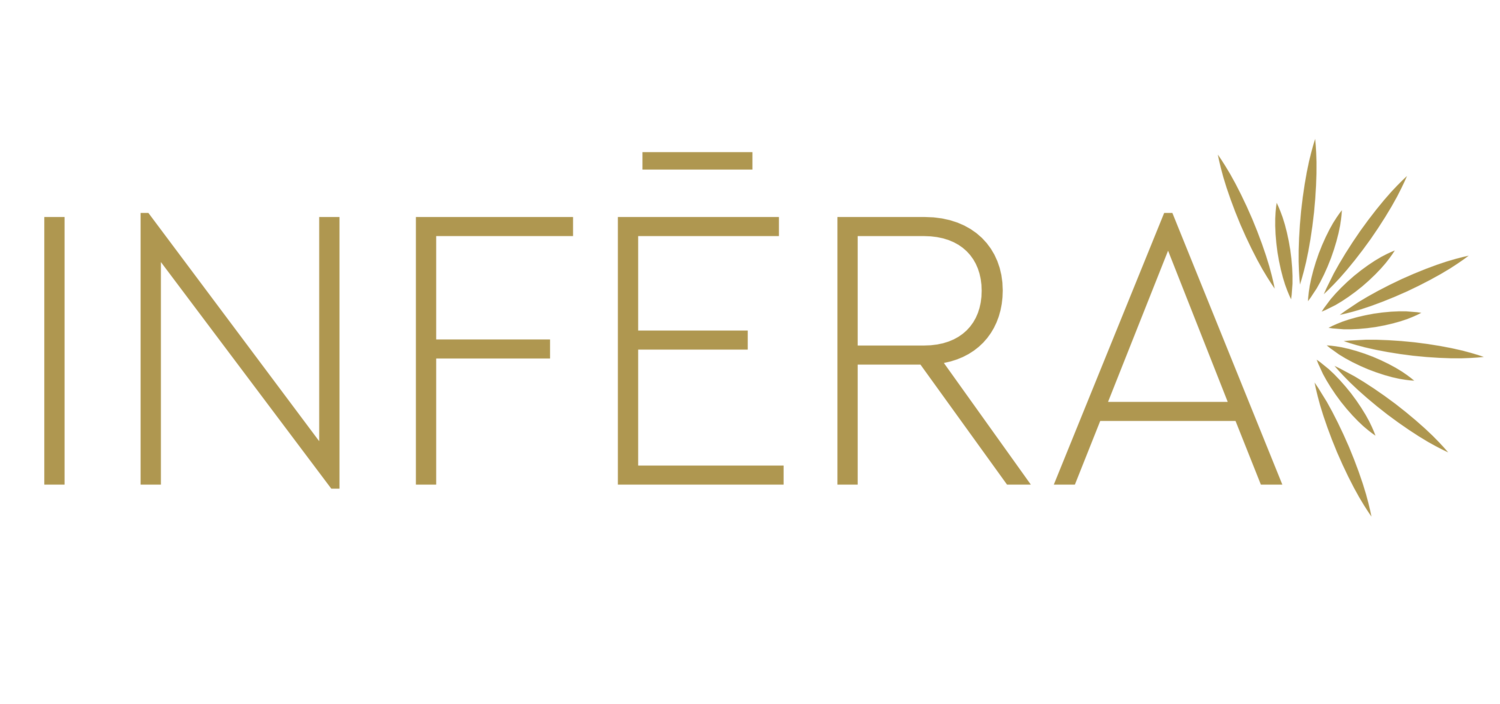The Science of Red Light Therapy: How This NASA-Discovered Treatment Can Benefit Your Health
NASA is known for its many discoveries, but perhaps one of the most interesting is their discovery of red light therapy. This treatment has many scientific and medical uses, and can benefit your health in a number of ways. In this blog post, we will discuss the science behind red light therapy and how it can improve your health!
Red light therapy is based on the science of photobiology, which is the study of how light affects living organisms. This therapy uses red and near-infrared light to stimulate cellular activity and promote healing. These wavelengths of light are able to penetrate the skin and reach deep into the tissues, where they can provide a number of benefits.
One of the most well-known benefits of red light therapy is its ability to improve wound healing. This is because red and near-infrared light stimulate collagen production, which is essential for healthy skin regeneration. In addition, this therapy can also reduce inflammation and pain, making it an ideal treatment for conditions like arthritis or fibromyalgia.
Red light therapy can also be used to improve skin health. It can increase collagen production, reduce inflammation, and improve skin tone and texture. It can also help to reduce the appearance of fine lines, wrinkles, and scars.
If you're looking for a natural way to improve your health and well-being, red light therapy may be worth considering. This NASA-discovered treatment has a wide range of potential benefits, from improving wound healing to reducing the appearance of wrinkles.
Sources:
- nasa.gov/mission_pages/station/research/experiments/1130.html
- ncbi.nlm.nih.gov/pubmed/12952793
- ncbi.nlm.nih.gov/pubmed/23642979
- ncbi.nlm.nih.gov/pubmedhealth/PMH0063560/#adam_001740_00020i0t0e0s0l__fulltext
- mayoclinichealthsystem.org/-!/mediafiles//PDFs%20and%20
